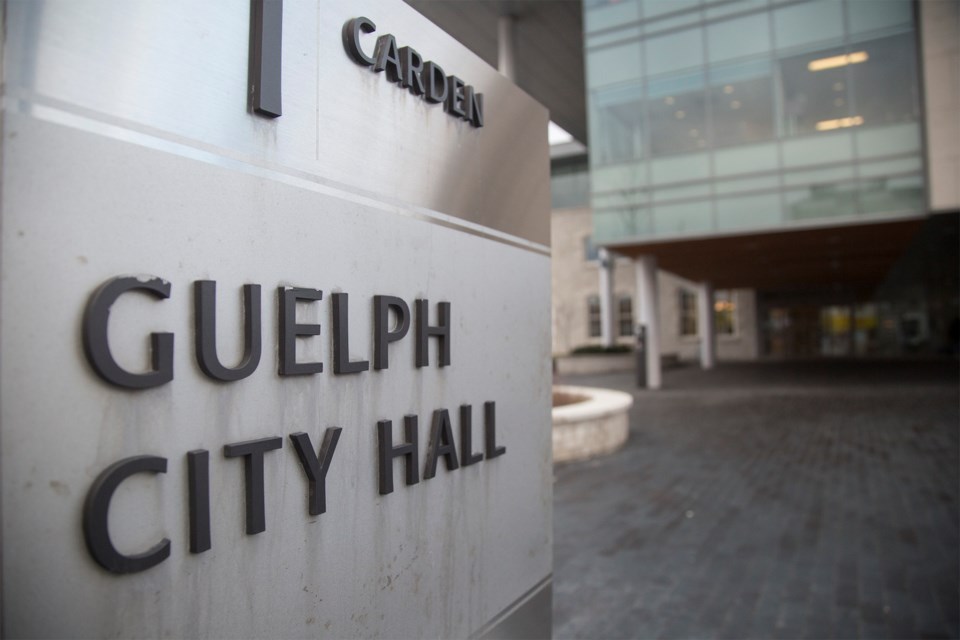The future of Guelph's Community Energy Initiative is on the line at Monday's meeting of Guelph City Council.
The initiative, and specifically the failed district energy program that has cost the city millions of dollars, will be up for debate at the meeting.
District energy is a system where two central generating stations, one in the Sleeman Centre and one in the Hanlon Creek Business Park, generate revenue by supplying heat and cooling to a network of large nearby buildings.
Council heard earlier this year that both systems are drastically underutilized with little chance of them being able to be profitable in the foreseeable future without significant investment.
In fact a staff report said the two facilities will not generate "sufficient cash flow in their useful lives" to cover the cost of building them.
That led to an almost $9 million fiscal write-down/write off by Gueph Hydro Inc., the city-owned utility that governs district energy.
City staff is recommending in a report before council Monday that the city doesn't spend any more money on district energy and that "further system efficiencies should be explored."
"Both the downtown (Sleeman Centre) and HCBP nodes should continue to be operated 'as is'," the report says.
A consultants report also identified the need to find more customers, leverage existing resources and establish incentives for customers to sign up to the system.
Original plans listed large facilities like Guelph General Hospital, the University of Guelph and Sleeman Brewery as potential customers. That never happened.
City staff is presenting three options for the Community Energy Initiative moving forward:
(1) Shut the two district energy plants down.
(2) Operate the two district energy plants as is with no further investment.
(3) Preserve and explore growth opportunities.
"The nodes together as a portfolio are considered to be largely break even from a financial report," said a staff report on the table at Monday's meeting.
Expansion would cost more money.
"The nodes are operating at full potential, thus there is little potential for adding new customers without expansion," said the report, even though a report earlier this year indicated the Hanlon Creek Business Park operation was extremely underutilized.
The report also warns that there is nothing in the agreement with current handful of customers that allows the city to end the contract without some sort of compensation or penalty.
"Staff also agrees that no further deployment of capital should be expended on the current or future potential systems in the absence of a robust corporate-wide business development strategy," the report says.
